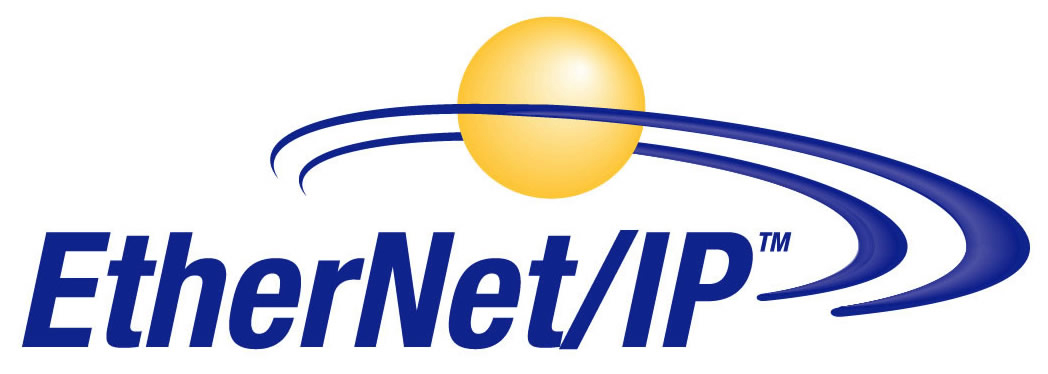1. EXECUTIVE SUMMARY
-
CVSS v3 5.3
- ATTENTION: Exploitable remotely/low skill level to exploit
- Vendor: Rockwell Automation
- Equipment: EtherNet/IP Web Server Modules
- Vulnerability: Improper Input Validation
2. RISK EVALUATION
Successful exploitation of this vulnerability could allow a remote attacker to deny communication with Simple Network Management Protocol (SNMP) service.
3. TECHNICAL DETAILS
3.1 AFFECTED PRODUCTS
The following versions of EtherNet/IP web server module, a web server module, are affected:
- 1756-EWEB (includes 1756-EWEBK) Version 5.001 and earlier, and
- CompactLogix 1768-EWEB Version 2.005 and earlier.
3.2 VULNERABILITY OVERVIEW
3.2.1 IMPROPER INPUT VALIDATION CWE-20
A remote attacker could send a crafted UDP packet to the SNMP service causing a denial-of-service condition to occur until the affected product is restarted.
CVE-2018-19016 has been assigned to this vulnerability. A CVSS v3 base score of 5.3 has been calculated; the CVSS vector string is (AV:N/AC:L/PR:N/UI:N/S:U/C:N/I:N/A:L).
3.3 BACKGROUND
- CRITICAL INFRASTRUCTURE SECTORS: Critical Manufacturing
- COUNTRIES/AREAS DEPLOYED: Worldwide
- COMPANY HEADQUARTERS LOCATION: France
3.4 RESEARCHER
Rockwell Automation working with Tenable reported this vulnerability to NCCIC.
4. MITIGATIONS
Rockwell Automation recommends that affected users disable the SNMP service if not in use.
For more information please refer to the Rockwell Automation security advisory at (login required):
https://rockwellautomation.custhelp.com/app/answers/detail/a_id/1084268
NCCIC recommends users take defensive measures to minimize the risk of exploitation of this vulnerability. Specifically, users should:
- Minimize network exposure for all control system devices and/or systems, and ensure that they are not accessible from the Internet.
- Locate control system networks and remote devices behind firewalls, and isolate them from the business network.
- When remote access is required, use secure methods, such as Virtual Private Networks (VPNs), recognizing that VPNs may have vulnerabilities and should be updated to the most current version available. Also recognize that VPN is only as secure as the connected devices.
NCCIC reminds organizations to perform proper impact analysis and risk assessment prior to deploying defensive measures.
NCCIC also provides a section for control systems security recommended practices on the ICS-CERT web page. Several recommended practices are available for reading and download, including Improving Industrial Control Systems Cybersecurity with Defense-in-Depth Strategies.
Additional mitigation guidance and recommended practices are publicly available on the ICS-CERT website in the Technical Information Paper, ICS-TIP-12-146-01B–Targeted Cyber Intrusion Detection and Mitigation Strategies.
Organizations observing any suspected malicious activity should follow their established internal procedures and report their findings to NCCIC for tracking and correlation against other incidents.
No known public exploits specifically target this vulnerability.
Source:
https://ics-cert.us-cert.gov/advisories/ICSA-19-036-02


Stay connected